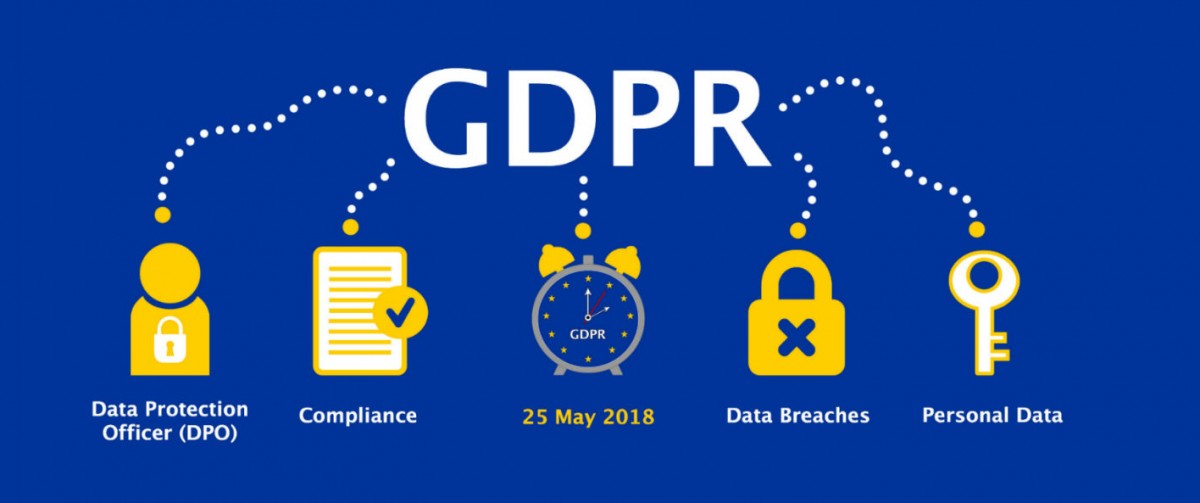10 top tips for effectively managing discipline and grievances in the workplace
Whatever the size of your business and regardless of how informal its culture is, one of the key elements that it should have is effective disciplinary and grievance procedures in place. As well as being a requirement of the law, they serve to protect both employers and employees should either the need for disciplinary action or a grievance arise. Not following correct protocol can be a costly mistake. If an employee has been in service for one or more years, failing to take the correct course of action may lead to an unfair dismissal claim, with the potential for a compensation payout.
Thankfully, best practice guidance is available via the ‘LRA code of practice on disciplinary and grievance procedures’. But if you don’t fancy delving deep into it, we’ve put together some top tips on effectively managing discipline and grievances in the workplace!
1. Have relevant and clear policies in place
Having discipline and grievance procedures in place ensures that:
- Everyone is aware of how disciplinary and grievance problems are dealt with
- Proceedings will be fair
- Such issues will be acted upon in a timely and sensitive manner
So that your company’s policies are appropriate, you should ensure that:
- Staff are aware of their existence and they are readily available
- All managers are fully trained on these procedures
- Such issues are dealt with as soon as possible
- Policies are updated in line with changes in the law or the business structure
2. Determine the best route to take
Each individual grievance should be dealt with accordingly, deeming whether a formal or informal route should be taken. Here, be guided by the employee’s wishes, or the severity of the situation. If, for example, an employee is offended by a comment given by someone else in the workplace, addressing the situation by speaking to the employee in question may effectively resolve it. On the other hand, where issues such as discrimination or harassment arise, treating it as a formal grievance is more appropriate.
3. Designated chairperson
If the need for a formal grievance procedure arises, an appropriate chairperson will need to oversee the meeting. It is essential that the person in question is deemed suitable. Often, the individual’s line manager will chair it. If, however, the subject is of a sensitive nature or the complaint is about the manager, a more senior member of staff may be better suited to deal with it.
4. Confidentiality
Throughout the process, this is of the upmost of importance. Employees concerned, and those who serve as witnesses should be made aware that they are not permitted to discuss the issue with anyone else.
5. Investigation
This fact-finding exercise is critical to collate all relevant information relating to the grievance or disciplinary. This stage is essential to establish the facts. Interviews with witnesses may be required, in which notes should be taken. Other steps such as reviewing CCTV, computer or phone records may also be required.
6. Hold a grievance meeting
It is important that a meeting is held as soon as possible, after the issue has been raised. It may be necessary to adjourn it until further investigations are carried out.
7. The right to be accompanied
Employees should be made aware that they have the right to be accompaniedat both disciplinary and grievance meetings. Often this is a trade union representative or a work colleague of the employee’s choice.
8. Reaching a decision
The panel should carefully consider all information and arrive at a fair and reasonable outcome. The employee should be made aware of the decision taken in writing.
So, in the case of a disciplinary process they should be advised if a warning is being issued, what level, the duration of the warning and the improvement expected.
In the case of a grievance process, the employee should be informed of the outcome of their complaints and what action will be taken to resolve the matter.
In either case, the employee should also be made aware that they have the right to appeal.
9. Appeal
If possible, an appeal should be chaired by someone who is more senior to the person who chaired the previous meeting, has not been involved in the process so far, and therefore deemed impartial. Again, employees have the right to be accompanied.
10. Seek the advice of a professional
Here at Consult HR, one of the key services we offer is flexibility in dealing with grievances and disciplinary action. We offer on site support or advice on how to conduct investigations, discipline and dismissal meetings, as well as providing advice on appropriate questioning techniques. Furthermore, we can conduct independent investigations or disciplinary hearings and present a report on our findings to ensure a thorough and fair process is conducted.
































